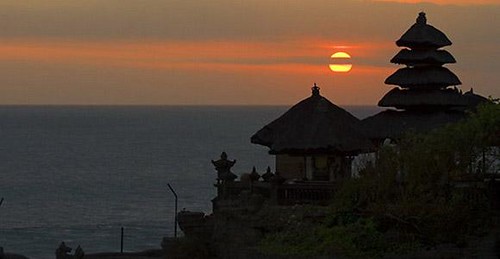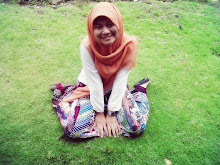
The third president of the Republic of Indonesia. Bacharuddin Jusuf Habibie, known as B. J. Habibie, was born in Pare-Pare in southern Sulawesi (Celebes),
B. J. Habibie did his high school diploma course in Java, at the prestigious Bandung Institute of Technology, and got his diploma in 1954. In 1960, he graduated with an engineering degree from the Aachen Institute of Technology in
After completing his education, Habibie worked as a specialized scientist at the Hamburger Flugzügbauin
President B. J. Habibie on 5 January 1999 shortly after withdrawing from the election for president. (AFP/CORBIS)
Habibie headed several high-cost ventures supported by the Indonesian state, including the aircraft industry. In 1982, he became a member of the Indonesian parliament as a representative of the ruling party, Golkar. Between 1978 and 1998, he was the state minister of research andtechnology . In 1990, he became the chairman of the Association of Indonesian Muslim Intellectuals (ICMI); some observers have viewed this as a political role that Suharto gave Habibie to counterbalance the power of the Indonesian armed forces. ICMI also served as an alternative power base to the army.
Habibie was made the seventh vice president of the
Habibie has been described as highly energetic, mercurial in temperament, and excitable, as well as dismissive of criticism. His tenure as president, given the economic problems facingIndonesia , was troubled. In view of the voters' negative reaction to the ruling Golkar Party, which Habibie represented and which was blamed for the country's economic woes, it is not surprising that he lost his election bid in 1999. Habibie now lives in













